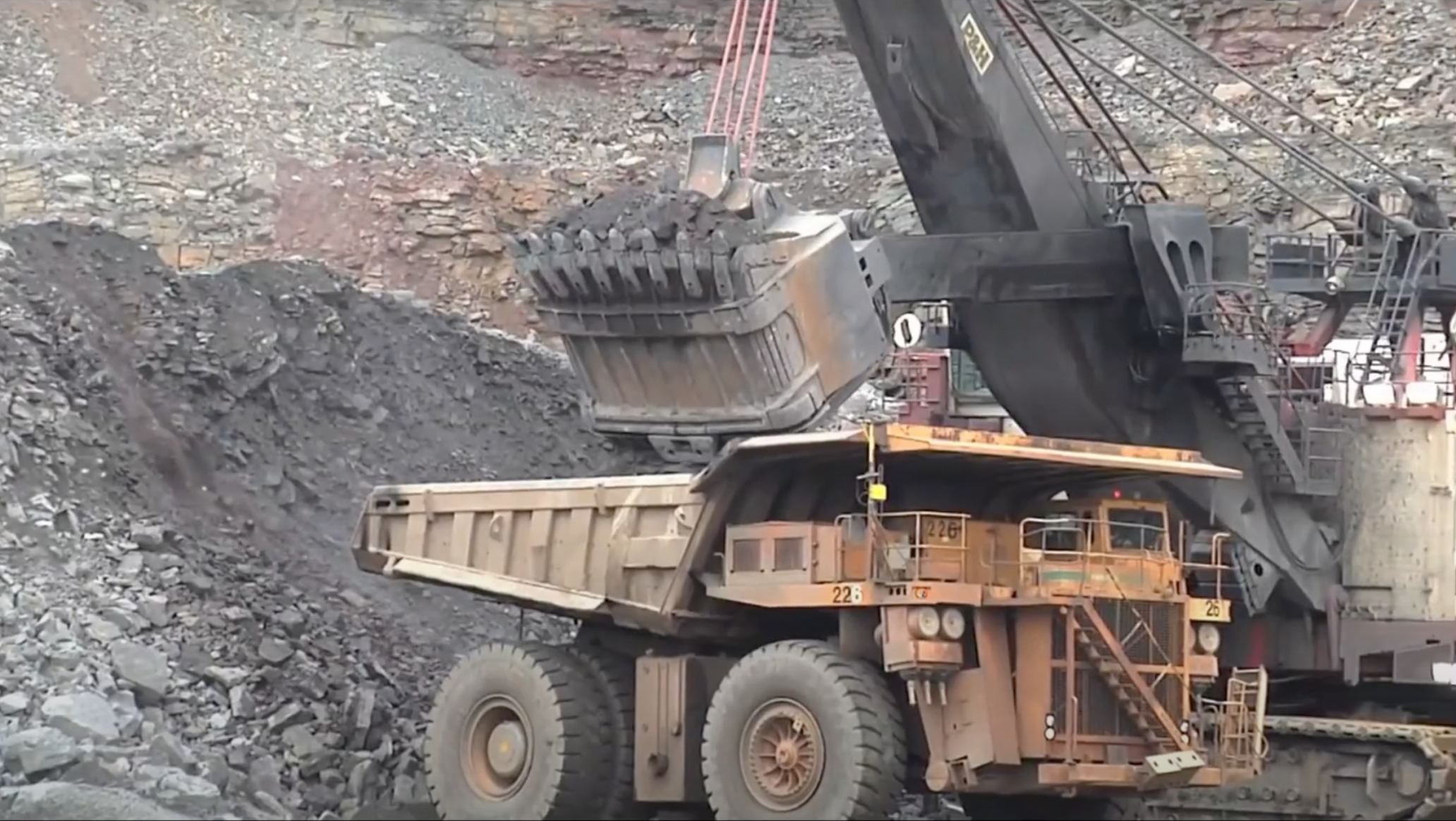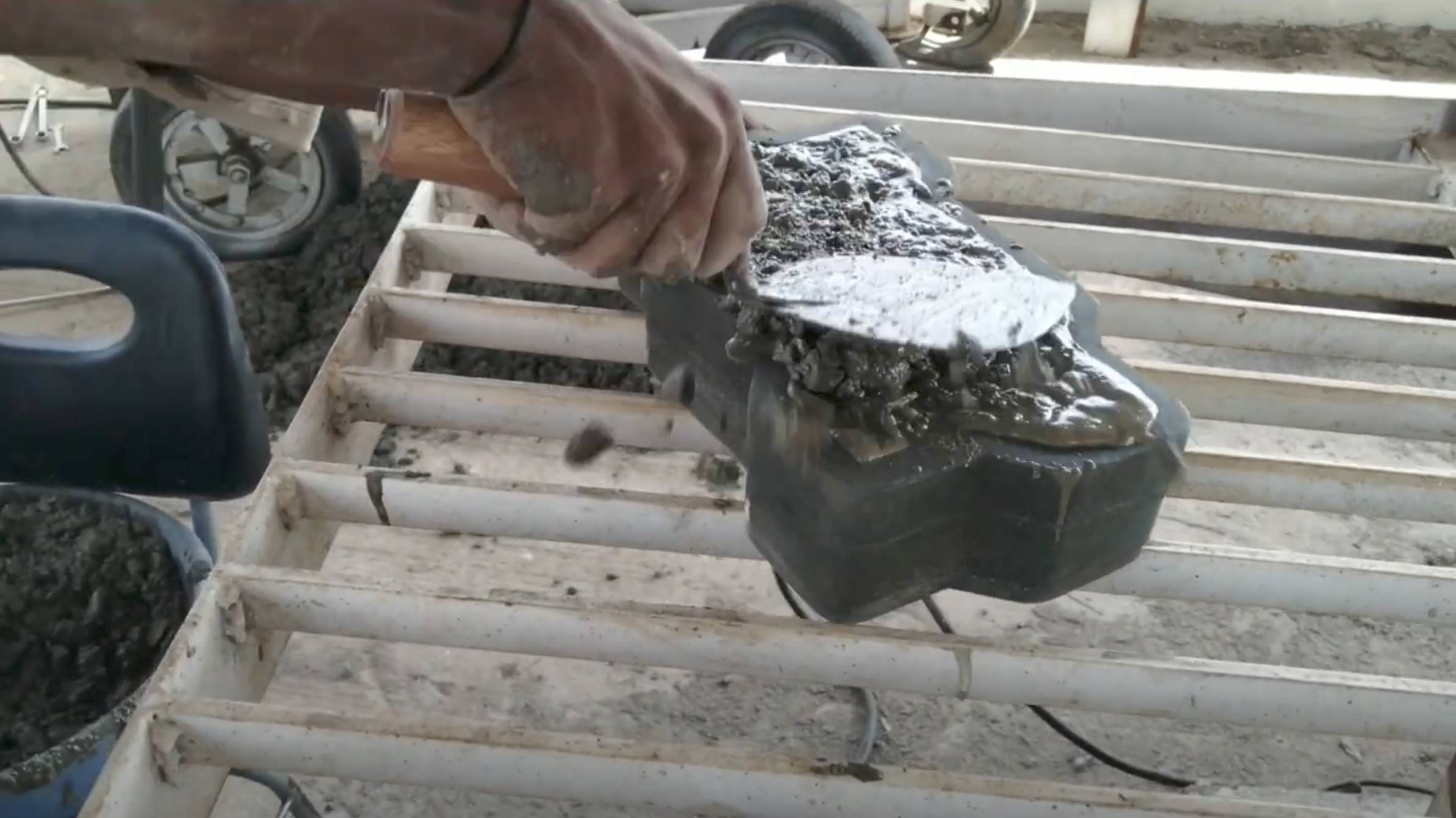
The Asia-Pacific Housing Forum’s Innovation Awards have been organized by Habitat for Humanity in collaboration with the Hilti Foundation, Whirlpool and the European Union-funded SWITCH-Asia SCP Facility to recognise and celebrate innovators in the affordable housing sector. Startup and scale-up companies, policymakers and advocates, architects and engineers were invited to submit their sustainable and practical solutions for affordable housing across three main award categories: ShelterTech, Public Policies, and Inspirational Practices.
The EU and its SWITCH-Asia Programme recognise the critical importance of the housing sector to sustainable consumption and production, and promote sustainable housing and buildings as part of their support for green, circular economies in its 24 target countries in Asia. Hence, a special Sustainability Award, sponsored by the SWITCH-Asia SCP Facility, was also given to three innovators who scored highest in showcasing scalable solutions for sustainable housing. One of the winners under the “Inspirational Practices” category is Angirus, a startup based in Udaipur, Rajasthan.
According to the Building Material Promotion Council (BMPC, 2020), India annually generates around 150 million construction and demolition (C&D) waste and, only 1 per cent of this waste is currently being recycled – 99 percent of it is thrown on dump-yards or empty plots, or sent to landfills.
Established in 2020, Angirus has developed an eco-friendly, affordable and sustainable technology to make better quality bricks using major waste generated in India. This innovative technology combines plastics waste (PET, MLP, Polyethene), construction and demolition (C&D) waste and other industrial wastes to produce light weight and waterproof bricks with a zero carbon footprint.
Tested in government accredited laboratories, WRICKS (Waste + Bricks) are made 100 percent from recycled single-use plastic waste and C&D waste. They are 30-40 percent stronger than traditional clay bricks, 30 percent lighter in weight (optimal for high rise buildings and seismic zones), and absorb 70-80 percent less water, protecting walls from dampness and wall crust. Moreover, their rapid production process allows WRICKS to enter the market within just a day compared to the 15-16 days needed to prepare red clay bricks.
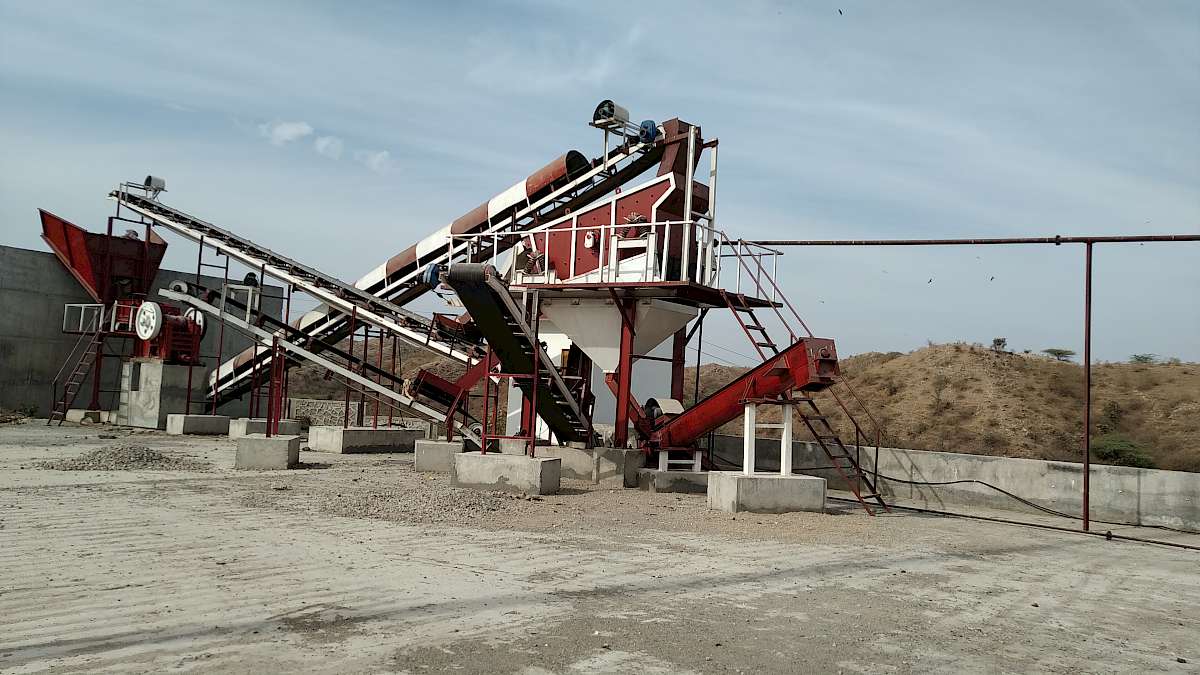
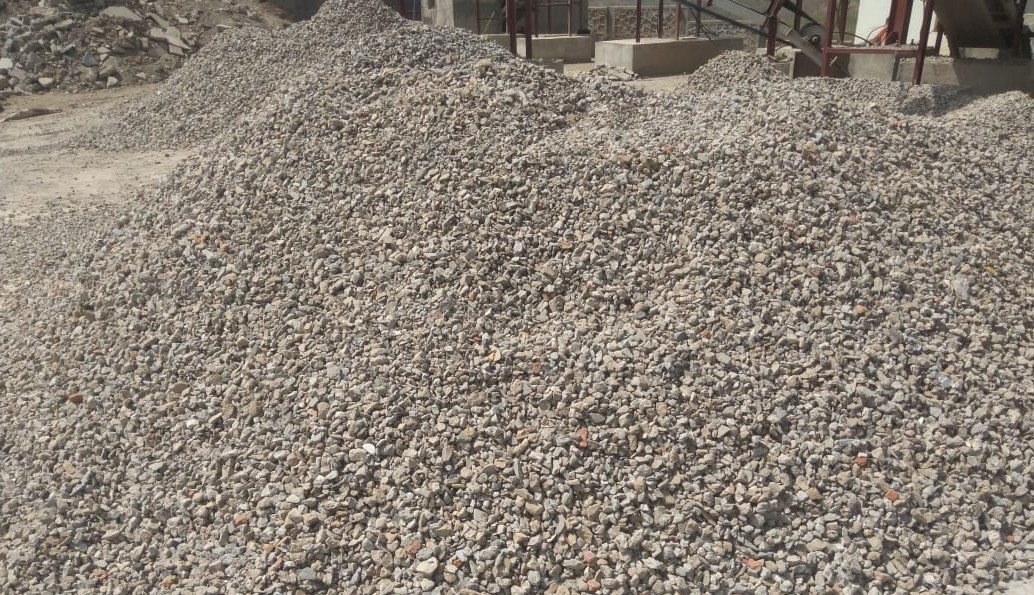
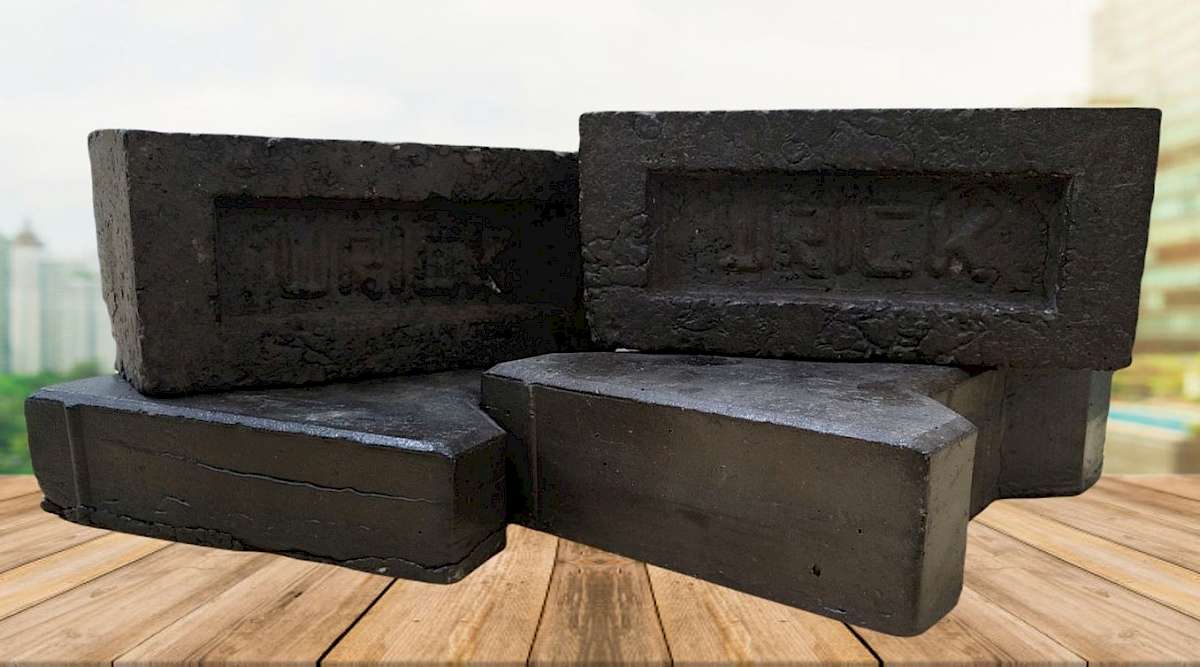
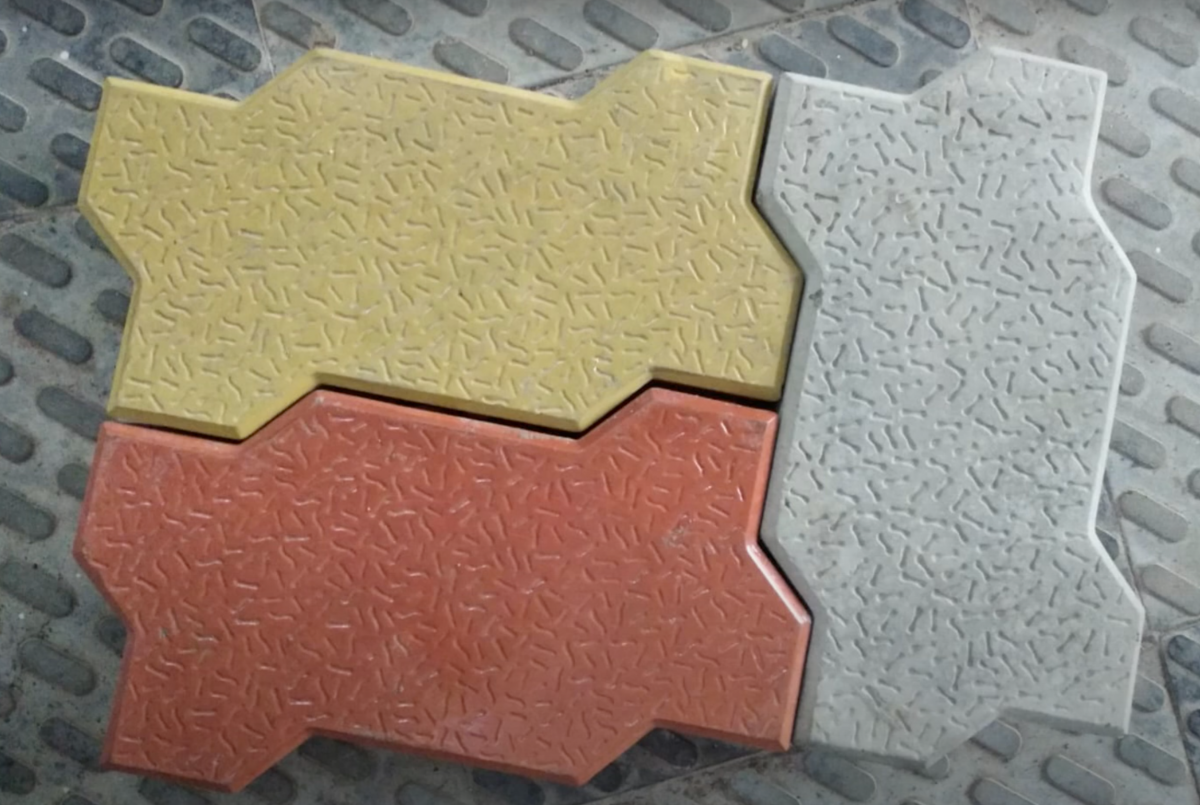
Kunjpreet Arora, Angirus Co-Founder and Head of Business Development, explained:
Our city, on average, generates around 20 tons of C&D waste per day, from which 60 to 70 percent coverts into functional material. Earlier this year, we partnered with the city administration department, and in just three months, we managed to recycle more than 200 tons of C&D waste generated by our city into recycled aggregates for rural community infrastructure. We also created more than seven jobs for local families and protected biodiversity, plants and habitats in two acres of land.
Watch the video
